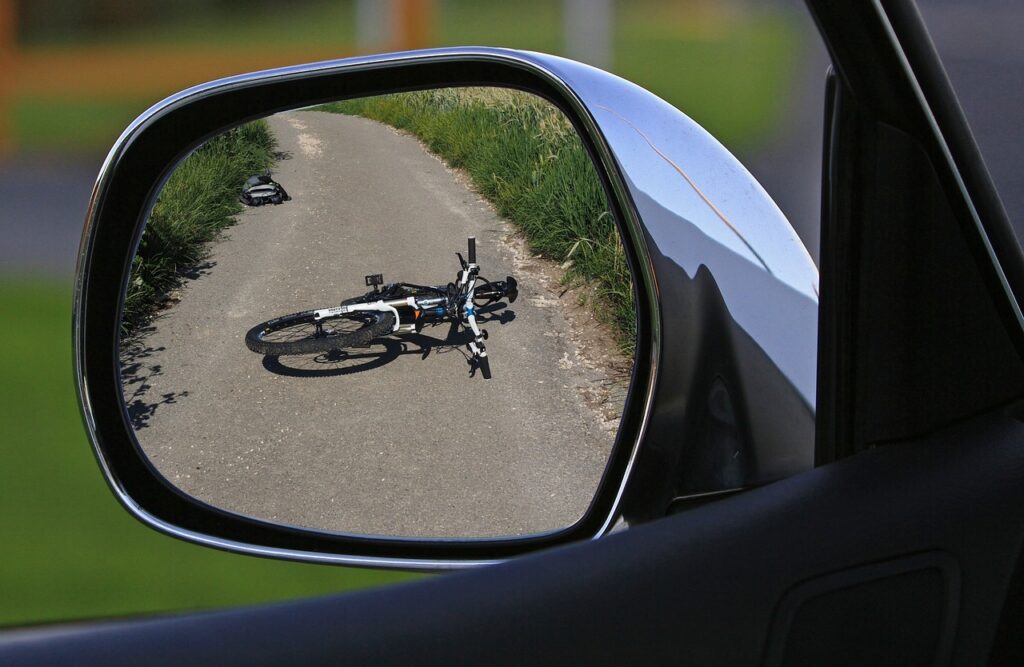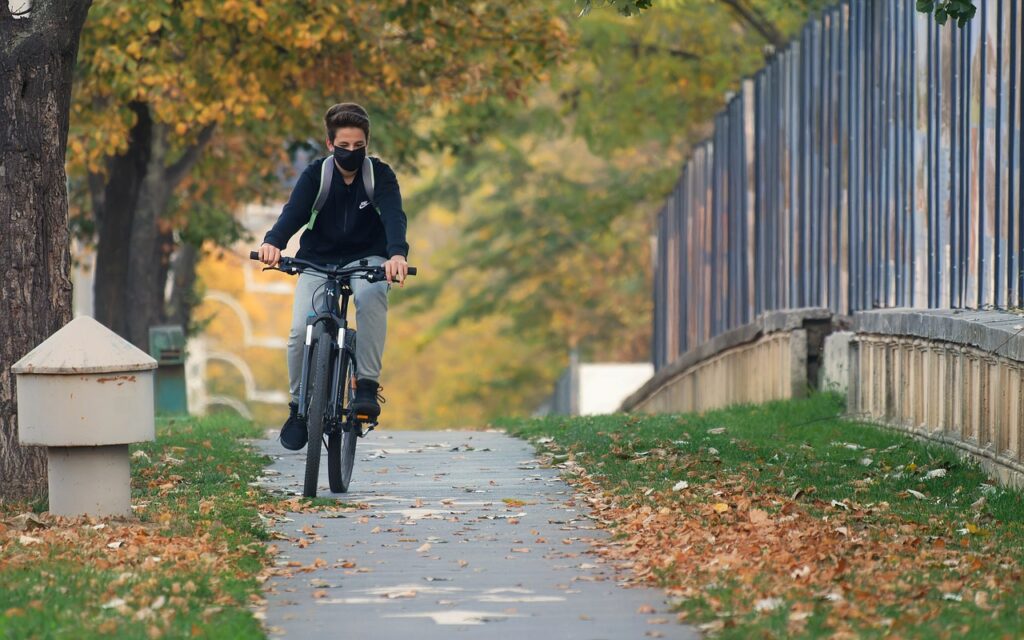Last updated on August 5th, 2024 at 08:48 am
Accidents happen, especially when children are involved. One of the most common accidents involving kids is bicycle accidents. Whether they’re riding around the neighborhood or taking a trip to the park, a fall or collision can happen anytime. If your child has recently been in a bicycle accident, you might be feeling overwhelmed and unsure of what to do next. This blog post will guide you through the steps to take to support your child physically, emotionally, and legally.

Understanding Bicycle Accidents
When a child experiences a bicycle accident, it’s not just the physical injuries that need attention. Emotional and psychological impacts can also be significant. Understanding the common causes and effects of these accidents can help you better support your child.
Immediate Steps to Take
Assessing the Situation
First and foremost, check your child for any visible injuries. If they’re conscious, ask them where it hurts and look for signs of trauma. If your child is unconscious or appears seriously injured, call 911 immediately.
Providing First Aid
If the injuries appear minor, administer basic first aid. Clean any cuts and scrapes with soap and water and apply a bandage. Make sure to keep an eye on any bruises or swelling.
Seeking Medical Attention
Even if injuries seem minor, it’s essential to seek medical attention. A healthcare professional can provide a thorough examination to rule out any internal injuries or concussions.
Supporting Your Child Emotionally
Talking About the Incident
Encourage your child to talk about what happened. This can help them process the event and reduce feelings of fear or anxiety.
Reassuring Your Child
Reassure your child that accidents happen and it’s not their fault. Provide comfort and remind them of their bravery.
Managing Anxiety
Watch for signs of anxiety or fear related to riding a bicycle. It might be helpful to take gradual steps to help them regain confidence.
Legal Considerations
If the accident involved another party or was caused by unsafe conditions, you might need legal assistance. Finding a lawyer who is known for obtaining outstanding results for his clients, and giving them the opportunity to heal while he handles their legal needs is all you need, as suggested on the https://bestbicycleaccidentlawyer.com/ website. This can provide you with the support and guidance needed to navigate any legal proceedings.
Understanding Your Rights
A lawyer can help you understand your rights and any compensation you might be entitled to, covering medical expenses and more.
Documenting the Accident
Keep a detailed record of the accident, including photos, medical reports, and witness statements. This information will be crucial if you pursue legal action.
Preventing Future Accidents
Teaching Safety Rules
Educate your child on bicycle safety rules, such as wearing a helmet, using hand signals, and paying attention to traffic.
Regular Equipment Checks
Ensure that your child’s bicycle is in good working condition. Regularly check the brakes, tires, and chains.
Safe Riding Environments
Encourage your child to ride in safe areas, away from heavy traffic and in well-lit conditions.
Building Confidence to Ride Again

Gradual Exposure
Gradually reintroduce bicycling to your child. Start with short, supervised rides in safe areas.
Practicing Safety Drills
Practice safety drills together, reinforcing the importance of wearing a helmet and other protective gear.
Positive Reinforcement
Celebrate small milestones and progress to build your child’s confidence and enthusiasm for riding again.
Community Resources
Local Support Groups
Join local parent support groups where you can share experiences and get advice from others who’ve faced similar situations. These groups can provide emotional support and practical tips on how to help your child recover. Some groups even organize events and activities to help children regain their confidence and interact with peers who have gone through similar experiences.
Online Forums
Participate in online forums dedicated to bicycle safety and accident recovery for additional support and resources. These forums often feature discussions on best practices, safety tips, and the latest research on accident recovery. Being part of an online community can help you stay informed and connect with experts and other parents who can offer guidance and empathy.
Professional Counseling
If your child is struggling emotionally, consider professional counseling to help them process the trauma and regain confidence. Professional counselors can provide tailored coping strategies, anxiety management techniques, and emotional support. Counseling can also benefit parents, helping you understand how to effectively support your child’s emotional needs.
Supporting your child after a bicycle accident involves addressing both their physical and emotional needs. By taking immediate action, offering continuous emotional support, and understanding the legal aspects, you can help your child recover and regain their confidence. Remember, accidents are a part of life, but with the right support, your child can overcome this challenge and continue to enjoy the joy of bicycling.






